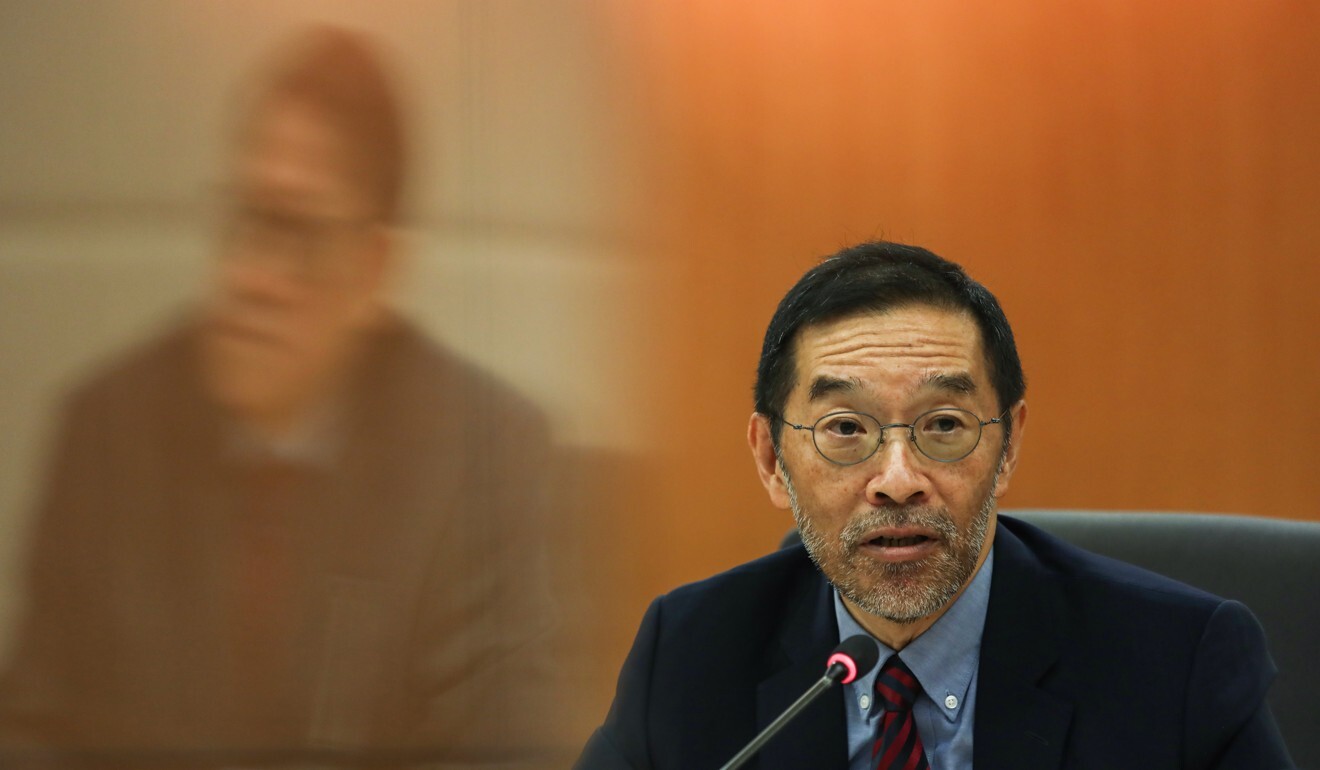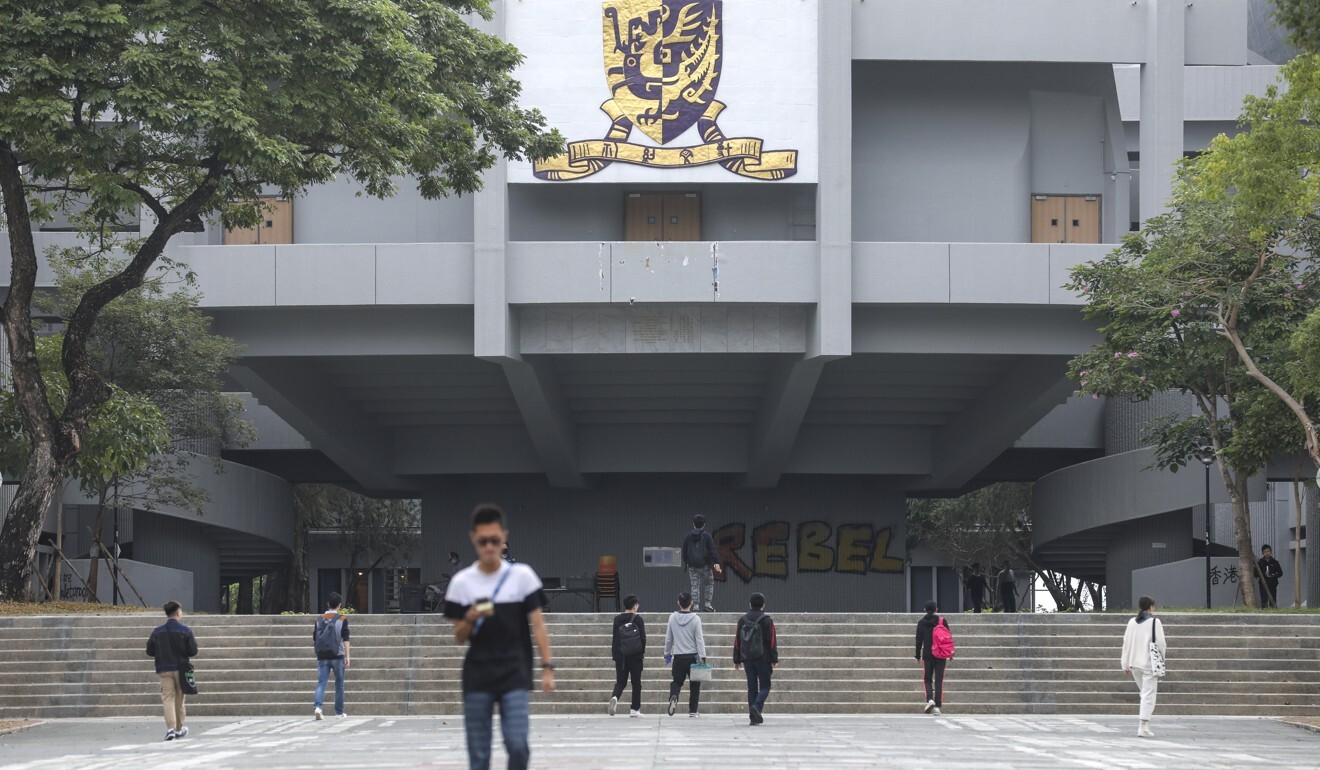
Most research by Hong Kong universities of ‘high international standing’, review by higher education funding body finds
- Assessment by University Grants Committee showed 70 per cent of 16,000 studies were ranked as world-leading or excellent
- University of Hong Kong, Chinese University and University of Science and Technology were the best performers in the latest review
Hong Kong universities have a high international standing in terms of research, the higher education sector’s funding body has concluded, after its latest assessment showed 70 per cent of some 16,000 studies were ranked as world-leading or excellent.
That was up from 46 per cent in 2014 when the last assessment by the University Grants Committee took place. The University of Hong Kong (HKU), Chinese University (CUHK) and the University of Science and Technology (HKUST) were the best performers in the latest review.

“The Hong Kong results have improved tremendously in all aspects. It also compares favourably with the rest of the world,” committee chairman Carlson Tong Ka-shing said while releasing the Research Assessment Exercise 2020 report.
“When you look at results compared with … the UK and Australia’s similar exercises, it’s definitely very comparable. We are definitely of a high international standing.”
The 16,000 research outputs completed by 4,200 academics from eight publicly funded universities between October 2013 and September 2019 were assessed by 361 local and non-local panel members who are distinguished scholars or professionals of 13 disciplines.
More Hong Kong universities set to require jabs or Covid-19 tests
The 13 disciplines rated included health and physical sciences, engineering, social sciences and humanities, creative arts and education.
Research considered to be “world-leading” was classified as a 4 on a scale of 1 to 4, while a 3 meant it was “internationally excellent”. The last two categories meant studies were of “international standing” or “limited originality, significance and rigour”.
Among the eight universities, HKU had the most number of “world-leading” outputs during the assessment period in six disciplines – biology, health sciences, computer science and information technology, law, humanities and education.

For instance, 41 per cent of HKU’s research outputs in the field of humanities were classified as world-leading, compared with 36 per cent for CUHK, and 22 per cent for HKUST.
HKUST came first in five disciplines including physical sciences, electrical engineering, and business and economics, while CUHK was top in engineering.
Most universities saw an improvement compared with the previous assessment.
Researchers at Hong Kong-linked campus in China ‘must follow law’
Tong attributed it to universities learning from the results in 2014, as well as increased government subsidies in recent years, including allocating HK$20 billion into the research endowment fund and HK$3 billion in the research matching grant in 2018.
But the funding body stressed that assessment results should not be used to directly compare universities, which had different roles, missions, discipline focuses and history.
HKU, CUHK and HKUST said they were pleased with the results, with a Chinese University spokeswoman adding they would be “a useful guide” for future strategic planning.

Commenting on the results, the city’s leader, Chief Executive Carrie Lam Cheng Yuet-ngor, said: “The RAE [Research Assessment Exercise], which last took place six years ago, shows again the strong capabilities of the universities of Hong Kong in basic research, supporting Hong Kong’s development in various areas and attracting talents from overseas and the mainland.”
Universities and schools are required to promote national security education under the Beijing-imposed law, and the committee has written to remind the tertiary institutions of the need to launch relevant programmes.
Tong said the committee would leave it to the universities to decide how to add the topic to their syllabus. But he did not say whether universities would face any consequences if they failed to roll out relevant programmes.
Asked about the impact of the law on research, Tong said: “University education should not handle politics. We also respect universities’ autonomy.”
The security law, which came into effect last June, carries a maximum penalty of life imprisonment and bans acts of secession, subversion, terrorism and collusion with foreign forces.

